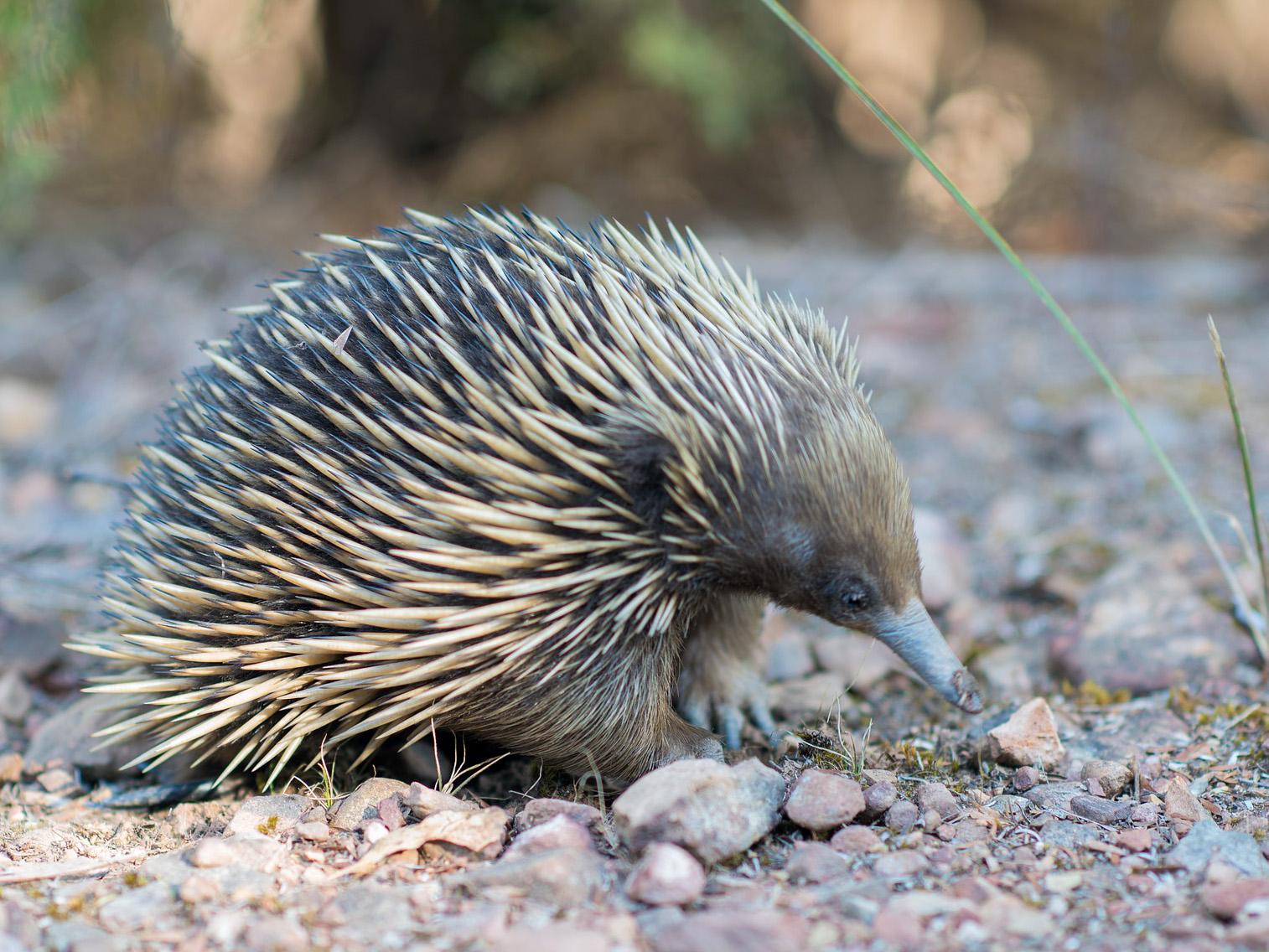Genome biology & mammal gene evolution

Examine the function and evolution of genes involved in sex determination and placentation in mammals.
Reproductive biology is one of the most fascinating aspects of monotreme biology. They are the only egg-laying mammal but they do develop a simple placenta which supports the embryo for a short period of time.
Monotremes have an extraordinary complex sex chromosomes system that consists of ten sex chromosomes in platypus and nine in echidna.
In contrast to sex chromosomes in other mammals, platypus sex chromosomes show extensive homology to bird sex chromosomes. In addition the mammalian sex determining gene SRY is missing in platypus.
As the most distant mammalian relative to humans monotremes can provide valuable insights into the evolution of sex determination and placentation genes.
We identify and further characterise genes that are involved in these fascinating aspects of reproduction in monotremes, mouse and humans.
Our research interest is to understand how genes and genomes have evolved different function and organisation. We are using species that occupy key evolutionary positions such as monotremes (platypus and echidna) and birds (predominately chicken).
Areas we work in include sex determination, sex chromosome organisation and the evolution of monoallelic gene expression.
We also collaborate with industry partners to develop genetic and genomic application in conservation biology and human disease.
Study genetics, monotreme genomics, evolution and conservation
Our research interest is to understand how genes and genomes have evolved different function and organisation.
We are using species that occupy key evolutionary positions such as monotremes (platypus and echidna) and birds (predominately chicken).
Areas we work in include sex determination, sex chromosome organisation and the evolution of monoallelic gene expression.
We also collaborate with industry partners to develop genetic and genomic application in conservation biology and human disease.

Supervisors
Research area: Genetics, monotreme genomics, evolution and conservation
Recommended honours enrolment: Honours in Molecular and Biomedical Science
